9 Ways to Talk About the Weather

1. (adjective) + desu

Ex. Atsui desu. (It’s hot.)
This is the simplest structure, and you can use any adjective to describe a weather condition. “Desu” (pronounced "dess") can be omitted from the conversation, but that may sound too casual and sometimes rude depending on the person to whom you're speaking. Adding the suffix “ne” at the end can make the sentence sound friendlier.
Ex. Atsui desu ne. (It’s hot, isn’t it?)
Common Adjectives: atsui (hot), atatakai (warm), mushi-atsui (humid), samui (cold), suzushii (cool)
2. (noun) + desu
https://www.youtube.com/watch?v=s7fCOr6NFXY
Ex. Ame desu. (Lit., It’s rain.)
This is another simple structure. It may seem like it’s identical to the one above, but now we're dealing with nouns (e.g. ame, rain) rather than adjectives, which will connect differently with other words and conjugate differently when used in the past tense, so it's important to make the distinction.
While it may seem odd translated into English, a statement like "Ame desu ne" is a perfectly normal way to note that it's raining.
Common Nouns: hare (good weather), ame (rain), yuki (snow), niwaka-ame (shower), arare (hail), kaze (wind), kiri (fog), kosame (light rain), koyuki (light snow), o-ame (heavy rain), o-yuki (heavy snow)
3. (noun) + ga + (adjective) desu
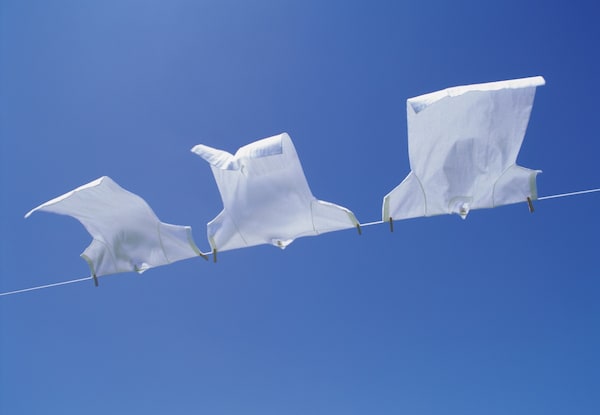
Ex. Kaze ga tsuyoi desu. (It’s windy; lit., The wind is strong)
This is a slightly more elaborate expression, and gives you chances to describe the conditions in more detail: noun is adjective. Of course, you can add the suffix “ne” here as well.
Ex. Kaze ga tsuyoi desu ne. (It’s windy, isn’t it?)
Common Phrases: Kaze ga tsumetai (The wind is chilly), Ame ga hageshii (It rains hard; lit., The rain is intense), Kimochi ga ii (It is pleasant; lit., The feeling is good), Kion ga takai/hikui (The temperature is high/low), Kiri ga fukai (It’s really foggy; lit., The fog is thick)
4. (noun) + ga + (verb)
https://www.youtube.com/watch?v=BgIj0tzO15c
Ex. Ame ga furimasu. (It rains/It will rain.)
Since Japanese doesn't have a dedicated future tense, this grammatical structure is also often used for describing actions and phenomena that will take place in the future.
Common Phrases: Kaze ga fukimasu (Wind blows/Wind will blow), Hi ga terimasu (The sun shines/The sun will shine), Hi ga demasu (The sun comes out/The sun will come out), Kiri ga demasu (Fog appears/Fog will appear)
5. (noun) + ni narimasu / (noun) + ni naru desho
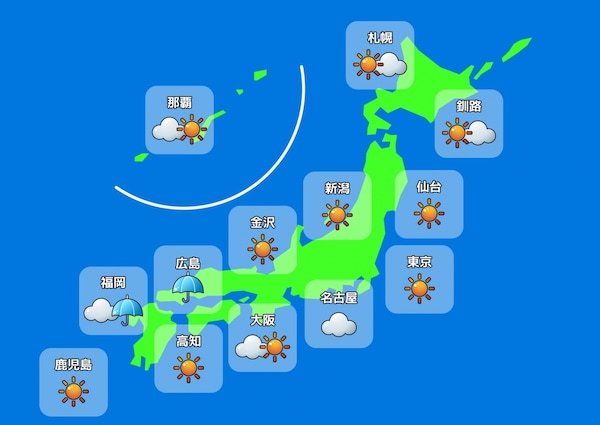
Ex. Ame ni narimasu. (Lit., It will turn to rain.)
We hear expressions using this structure frequently in the forecast when discussing a change in the weather.
Ex. Kyo no yoru, ame wa yuki ni narimasu. (The rain will turn to snow at night.)
You can replace “ni narimasu/ni naru desho” to “ni kawarimasu/ni kawaru desho” without changing the meaning.
Ex. Kyo no yoru, ame wa yuki ni kawaru desho.
The suffix “desho” is also used to mean “probably,” but in the context of a weather forecast it's essentially the same as the the basic future tense, since both are understood to be uncertain.
6. (noun) + ga + (te-form of verb) + imasu
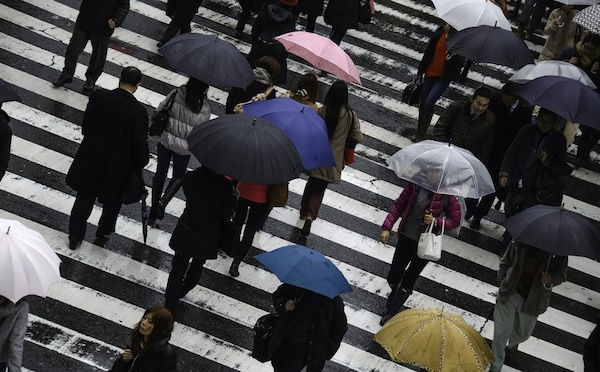
Ex. Ame ga futte imasu. (It’s raining.)
This expression is used for describing progressive conditions. Though it’s really useful, the grammar is a little complicated, mainly because it involves the “te-form” of the verb.
The te-form is a verb conjugation pattern that's necessary to master if you actually want to dedicate yourself to study of Japanese, but you need an understanding of the key Japanese verb types to be able to use it dynamically. Purely for usage purposes, it might be enough to memorize the following verb conjugations for talking about weather conditions:
furimasu → futte (fall → falling)
fukimasu → fuite (blow → blowing)
narimasu → natte (become → becoming)
kawarimasu → kawatte (change → changing)
demasu → dete (come out → coming out)
Note that "imasu" is pronounced "imass."
7. (noun) + ga + (te-form of verb) + imashita

Ex. Ame ga futte imashita. (It was raining.)
To make the past progressive form of a verb, you simply change the “imasu” of the present progressive form to “imashita.” Compare the following examples:
Ame ga futte imasu. (It’s raining.)
Ame ga futte imashita. (It was raining.)
Tsuyoi kaze ga fuite imasu. (A strong wind is blowing.)
Tsuyoi kaze ga fuite imashita. (A strong wind was blowing.)
It’s good to remember these structures in pairs.
8. (noun or na-adjective) + ni + natte + kimashita / (ku-form of i-adjective) + natte + kimashita
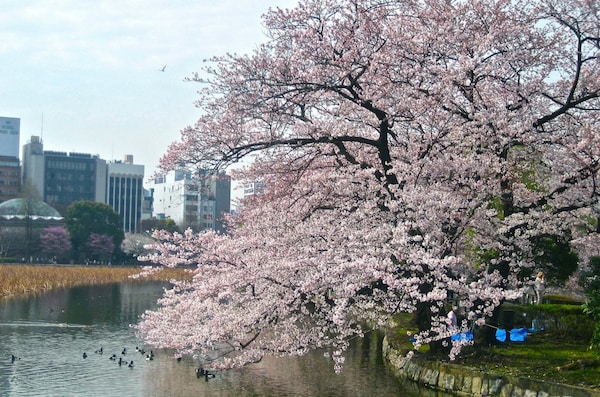
Ex. Atatakaku natte kimashita. Haru desu ne. (It has gotten warm. It’s spring, isn’t it?)
These expressions are used to express a change of condition that is now complete. The ku-form of an i-adjective is simply formed by removing the i and replacing it with ku. However, not all adjectives that end in i are necessarily i-adjectives—the most notorious being kirei, which is a na-adjective. For more on Japanese i- and na- adjectives, click here.
9. (noun or na-adjecive) + ni + natte + ikimasu / (ku-form of i-adjective) + natte + ikimasu
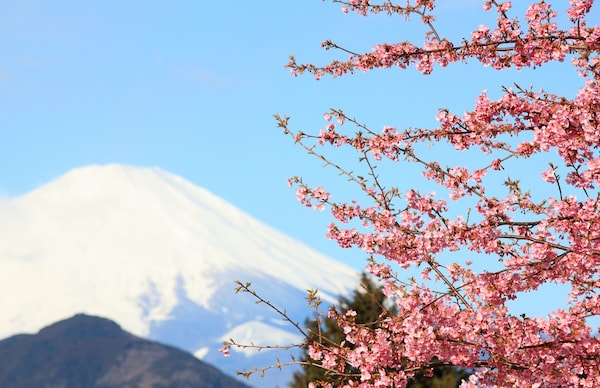
Ex. Go-gatsu desu. Kore kara motto atatakaku natte ikimasu. (It’s May. It’s going to get warmer from now on.)
These structures are used to express change in the future. You can see from this example and No. 8 above that it’s easy to interchange “kimashita” and “ikimasu” depending on what you want to say.
Read full story: www.chopsticksny.com
Related Stories:
Japanese Crossword
Weather Part 2
Weather 3



